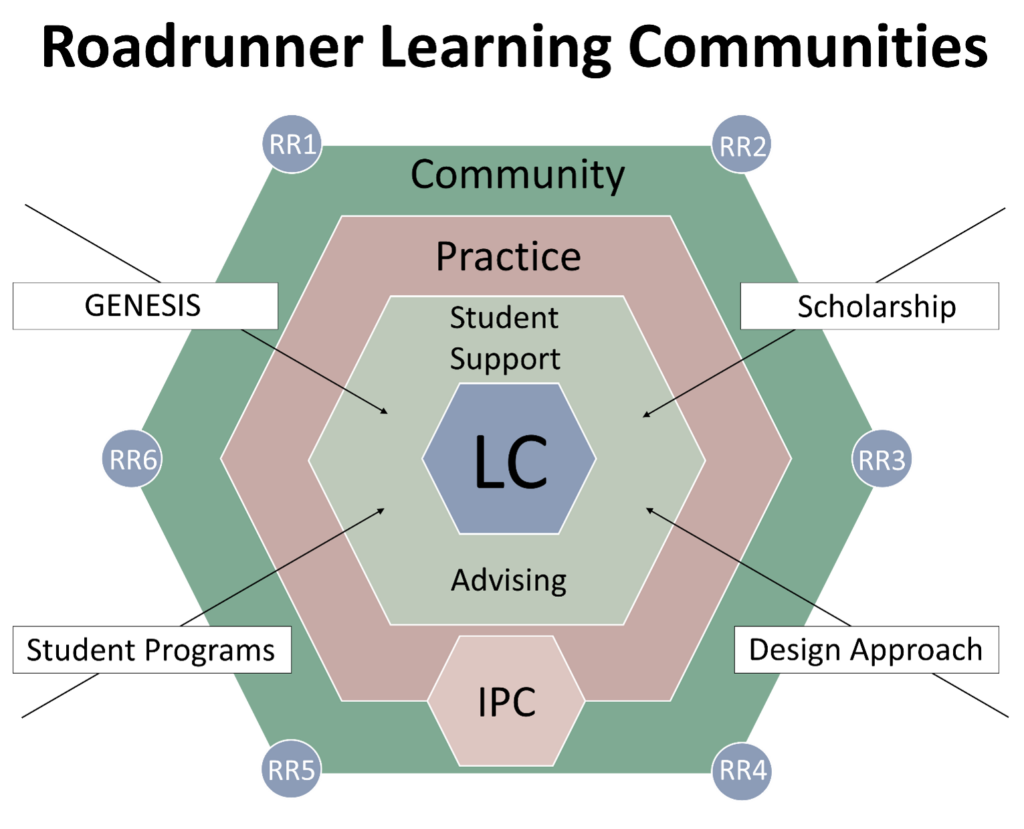Educational Spaces & Learning Communities
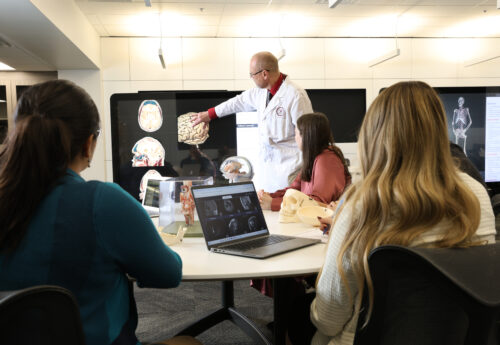
Educational Spaces
Educational spaces for the College of Medicine are located within the Discovery Building, Breakthrough Building and Innovation Hall at Roseman University’s Summerlin (Las Vegas) campus.
Learning Communities
Medical school learning communities traditionally serve as a way to allow smaller groups of students to learn and serve the community together, through curricular and extracurricular activities, while supporting each other and growing both professionally and personally. Roseman University College of Medicine’s six Learning Communities will be unique among medical schools, as they will integrate communities of medical practice in GENESIS with communities of study.
Below are examples of potential Learning Communities activities/projects:
Roadrunner 1

Our practice target community is experiencing unprecedented rates of HIV, so RR1 has launched a home-based patient education campaign.
Roadrunner 2
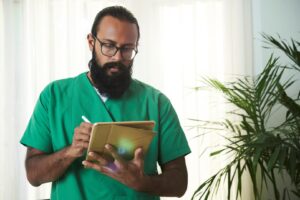
Diabetes education is important in our target community, so RR2 is working with nutritionists to teach about healthy diets.
Roadrunner 3
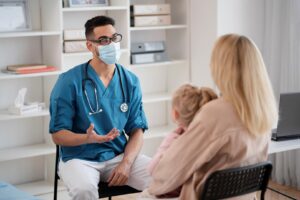
Families with children of all ages in our practice community are benefiting from RR3’s collaborative offerings of tutoring and STEM initiatives.
Roadrunner 4
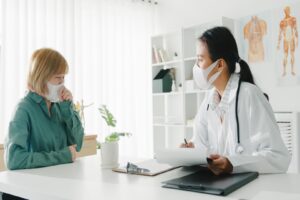
RR4’s education about mental health is allowing members of our practice community to feel more comfortable when seeking out mental health services.
Roadrunner 5
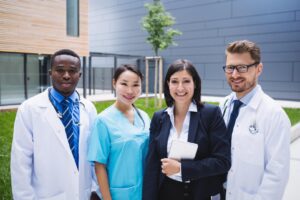
Gun safety is the priority of our target community, so RR5 is working with police to provide education and safety locks for our households.
Roadrunner 6

RR6 is working on remote monitoring solutions for our many household members with hypertension.
View/Download Learning Communities Poster
At the center of each Learning Community are the students, learning from and with each other through all of the challenges in medical school. Roseman’s Learning Communities will have three primary functions:
- Student support and advising
- Clinical practice opportunities
- Community service learning
The GENESIS household-centered care model will provide an opportunity for students to manage a practice together with faculty and staff assigned to their Learning Community. Student programs, such as specialty interest groups, will also be available across Learning Communities. Opportunities for scholarly work may occur within or across Learning Communities. And, a design approach to problem-solving can allow for fun, productive, and competitive programs like hackathons between Learning Communities. Interprofessional collaboration (IPC) will encourage participation in all of these activities with students and faculty from other Roseman colleges, such as dental, nursing, and pharmacy.
